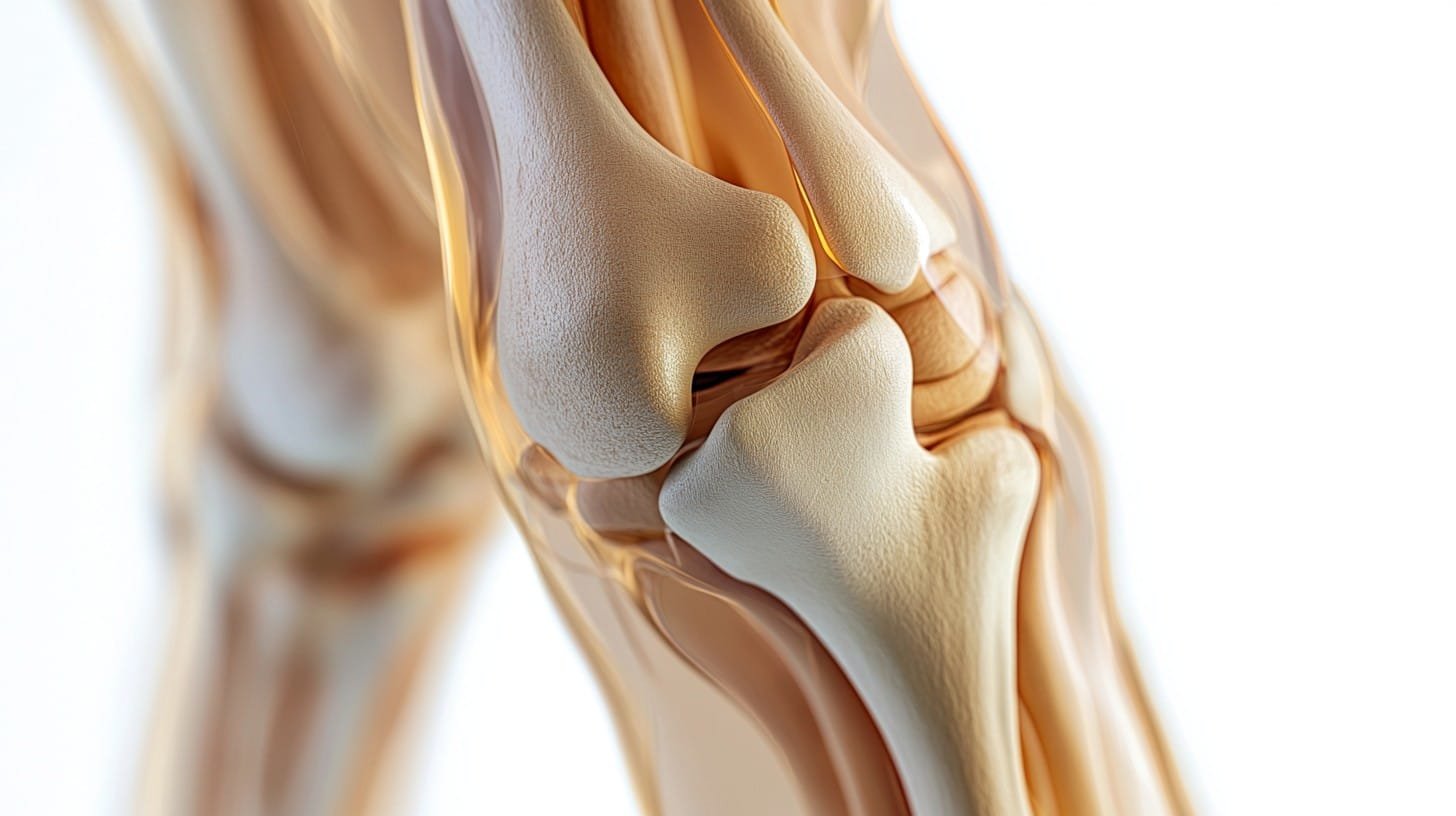 Olive oil, a staple in the Mediterranean diet, boasts impressive heart-healthy credentials. Loaded with antioxidants and beneficial fats, it offers a multitude of advantages for cardiovascular health. This article unravels the science behind these benefits and provides practical tips to seamlessly weave olive oil into your daily meals.
Olive oil, a staple in the Mediterranean diet, boasts impressive heart-healthy credentials. Loaded with antioxidants and beneficial fats, it offers a multitude of advantages for cardiovascular health. This article unravels the science behind these benefits and provides practical tips to seamlessly weave olive oil into your daily meals.
Decoding Olive Oil’s Nutritional Prowess
Olive oil is primarily composed of monounsaturated fats, which are widely recognized for their heart-friendly properties. These fats play a pivotal role in reducing LDL (bad) cholesterol levels while boosting HDL (good) cholesterol. HDL cholesterol is crucial as it helps eliminate LDL cholesterol from the bloodstream.
Beyond its healthy fat profile, olive oil is a treasure trove of antioxidants, particularly polyphenols. These compounds are instrumental in mitigating inflammation and oxidative stress, both of which are closely linked to the development of heart disease.
The Scientific Evidence: Olive Oil’s Impact on Cardiovascular Health
Numerous studies have shed light on the positive impact of olive oil on cardiovascular health. A landmark study published in the esteemed New England Journal of Medicine revealed that a Mediterranean diet rich in olive oil significantly reduced the risk of heart disease. Notably, individuals who consistently consumed olive oil exhibited a lower incidence of heart attacks and strokes.
Another compelling finding highlights olive oil’s potential to lower blood pressure levels. High blood pressure is a significant risk factor for heart disease, and the antioxidants present in olive oil can play a crucial role in regulating blood pressure.
Unpacking Olive Oil’s Heart-Healthy Mechanisms
- Anti-inflammatory Properties: The polyphenols in olive oil possess potent anti-inflammatory properties, which may contribute to a reduced risk of heart disease. Chronic inflammation is a driving force behind many cardiovascular issues, making olive oil a valuable ally in a heart-healthy diet.
- Improved Blood Vessel Function: Consuming olive oil has been linked to enhanced endothelial function. The endothelium is the thin layer of cells lining the blood vessels, and its proper functioning is critical for cardiovascular health.
- Decreased Risk of Heart Disease: Regular consumption of olive oil can contribute to a lower risk of developing heart disease. Studies indicate that individuals who incorporate olive oil into their diet have a reduced likelihood of developing cardiovascular conditions.
Seamlessly Incorporating Olive Oil into Your Diet
Embracing olive oil in your culinary endeavors is a simple and versatile endeavor. Here are some practical ways to incorporate it:
- Salad Dressings: Utilize olive oil as the base for homemade salad dressings. Combine it with vinegar or lemon juice for a tantalizing and healthy dressing.
- Cooking: Olive oil is an excellent choice for sautéing vegetables and cooking grains. Its stable fats make it suitable for various cooking methods.
- Drizzling: Drizzle olive oil over cooked dishes, such as pasta or roasted vegetables, for an added burst of flavor.
Choosing the Finest Olive Oil
When selecting olive oil, opt for extra virgin olive oil (EVOO). EVOO is less processed and retains more of its beneficial nutrients compared to other types. Look for labels indicating that the oil is cold-pressed to ensure you’re getting the highest quality product.
Finally,
Incorporating olive oil into your diet can provide significant heart-healthy benefits. Its rich content of monounsaturated fats and antioxidants supports cardiovascular wellness by reducing inflammation, improving blood vessel function, and lowering the risk of heart disease. For those seeking to enhance their heart health, olive oil is a delicious and effective choice.
By making olive oil a regular part of your culinary repertoire, you can enjoy both its flavor and its health benefits. Remember to choose high-quality extra virgin olive oil and get creative with its use in your meals.








